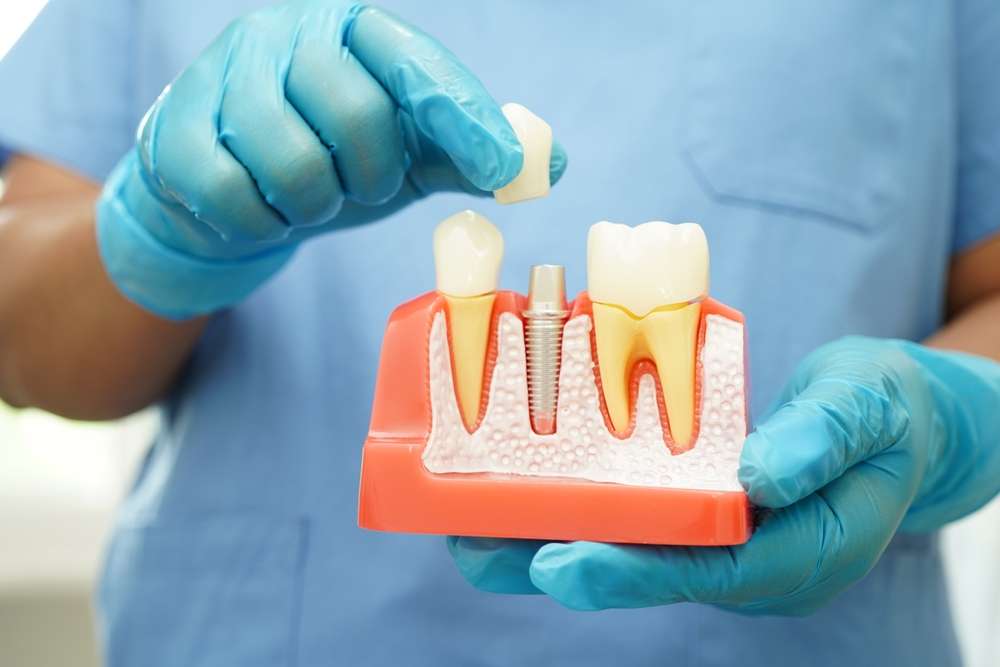Understanding Dental Implants: A Comprehensive Guide for Patients
Dental implants have revolutionized modern dentistry by providing a permanent solution for missing teeth. These artificial tooth roots, typically made from biocompatible titanium, offer a sturdy foundation for replacement teeth that look, feel, and function like natural ones. Whether you're a senior looking to restore your smile or someone who has lost teeth due to injury or decay, dental implants can significantly improve your quality of life and oral health.

Who Makes an Ideal Candidate for Dental Implants?
The best candidates for dental implants are patients with good overall oral health and adequate bone density in their jaw. Your dentist will evaluate several factors, including:
-
General health condition and medical history
-
Bone density and gum health
-
Commitment to good oral hygiene
-
Smoking habits (non-smokers have better success rates)
Seniors should note that age itself is not a limiting factor - many elderly patients successfully receive implants with excellent outcomes.
What to Expect During the Implant Process
The dental implant procedure typically involves several stages:
-
Initial consultation and planning
-
Extraction of damaged teeth (if necessary)
-
Bone grafting (if required)
-
Implant placement surgery
-
Healing period (3-6 months)
-
Abutment placement
-
Final crown installation
Understanding the Costs and Investment
Every patient’s case is unique, and implant costs vary based on several factors:
| Procedure Type | Average Cost Range | What’s Included |
|---|---|---|
| Single Implant | $3,000-$4,500 | Implant, abutment, crown |
| Multiple Implants | $6,000-$10,000 | 2-4 implants with bridges |
| Full Mouth | $20,000-$45,000 | Full arch replacement |
Prices, rates, or cost estimates mentioned in this article are based on the latest available information but may change over time. Independent research is advised before making financial decisions.
How to Care for Your Dental Implants
Maintaining dental implants requires diligent oral hygiene practices:
-
Brush twice daily with a soft-bristled toothbrush
-
Floss daily using implant-specific floss or water flossers
-
Visit your dentist regularly for check-ups
-
Avoid harmful habits like smoking or chewing hard objects
-
Use recommended cleaning tools and products
While dental implants have a high success rate (95-98%), proper care is essential for their longevity. With good maintenance, implants can last a lifetime, making them a valuable investment in your oral health and overall well-being. Regular check-ups with your dentist will ensure your implants continue to function properly and maintain their appearance over time.
This article is for informational purposes only and should not be considered medical advice. Please consult a qualified healthcare professional for personalized guidance and treatment.





